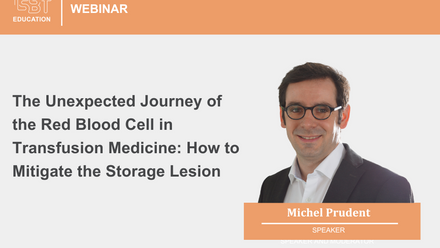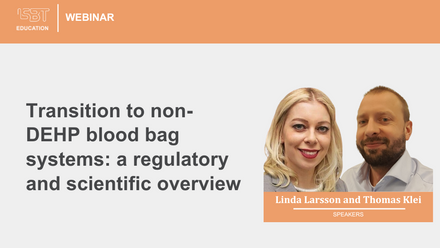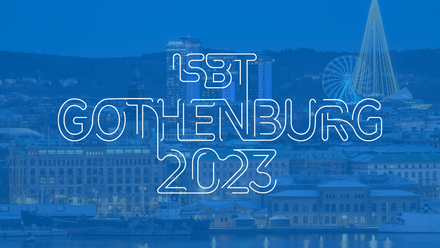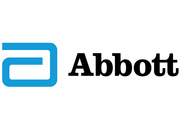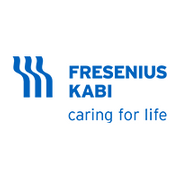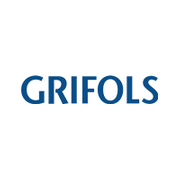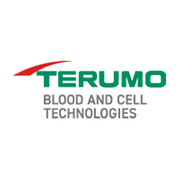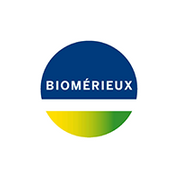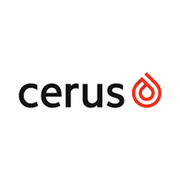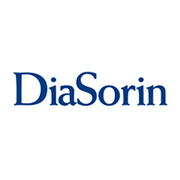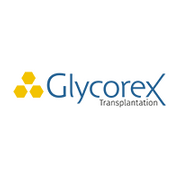The Achieving Efficiencies in Blood Component Production session included the following presentations:
1. Shanti Krishnan: Automation In Blood Product Manufacturing
2. Joanne Tan: Assessment Of Biological Response Modifiers In Cold-Stored Group O Whole Blood Product
3. Beatrice Hechler: In Vitro Biochemical And Functional Comparison Of Amotosalen-UVA-Treated Buffy-Coat Platelet Concentrates Stored In Pas-C Or Pas-E Additive Solution Up To 7 Days
4. Danny Brouard: Quality Of Red Cell Concentrates From Non-Anemic Donors With Signs Of Iron Deficiency
5. Vanessa Agostini: Preparation Of Hypoxic Red Blood Cells For Transfusion Of Thalassemia Study Patients
MODERATORS: Denese Marks, Jason Acker
After the presentation, there was a questions and answers session, which is also included in the recording.
Abstract
Automation in blood product manufacturing
S Krishnan1
1School of Engineering, Swinburne University of Technology, Melbourne, Australia
The processing of whole blood donations is carried out in a mostly manual manner involving several repetitive and ergonomically challenging operations. This is particularly true for the folding of blood packs, prior to separation into blood components. Swinburne University, Melbourne, Australia in collaboration with an Australian blood processing centre, through a Commonwealth-funded project, has designed and developed a proof of concept automated work cell for the prescriptive folding of blood packs with tubes and filters, in preparation for the centrifugation. An industry partner is currently integrating it into their production line.
This talk is aimed at providing an overview of the research approach, unique challenges, industry 4.0 value add inclusions, benefits and the robust processes followed in the implementation of a solution, not commercially available in the market.


